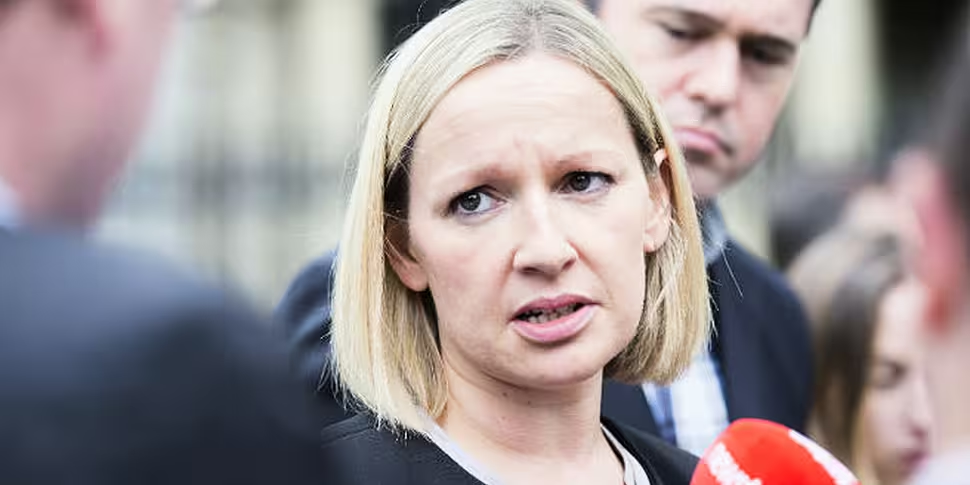Renua says everyone in the country should pay income tax at a new flat rate of 23%.
The party has outlined the proposal in its pre-budget submission which would see USC, tax credits and employee PRSI abolished, while aiming to heavily target the black economy to cover some of the loss in state earnings.
Meanwhile lower paid workers would get a graduated basic income system of supports.
Renua also wants to abolish the TV licence fee, and make RTÉ fund itself entirely from commercial revenue.
It is also proposing that motor tax would be scrapped with 3 cent a litre added to petrol and diesel going up 4 cent.
Under the proposals social welfare payments would also be taxed, although additional payments would be amde to cover any loss of income to people on social welfare.
Party leader Lucinda Creighton admits those on middle and higher incomes would gain more disposable income, but those on the minimum wage would not.
"There's a very, very slight reduction for people on the minimum wage - but an extra 10 percent in earnings, so that's the incentive" she said.
"It's about saying that for employers there's an incentive to pay more, and for workers there's an incentive to either work harder, work longer and achieve those pay increases".
"And those pay increases then benefit people at a rate of 77 cent in the euro" she added.
Creighton spoke with Newstalk Lunchtime today and outlined how the proposals might work – including how the gap in the exchequer returns might be covered.
One tactic, which Renua say could add €1bn to the state’s income, was by attracting people out o the black economy – by making the tax burden lower, and simultaneously freeing up the Revenue Commissioners to better tackle illegal activity.
“The value of the black economy is €20bn, obviously with the simplified tax system and the lower rate of tax you bring more people in from the black economy,” she said.
“It’s much more attractive to pay tax if you’re paying a quarter of your income rather than up to 55% of your income.”
“The other aspect is that by simplifying the system you remove a huge burden from the revenue commissioners and they can put huge amount of time and effort into pursuing people who are engaging in non-declared activity in the economy.”
“In addition to that, Creighton argues that the lower tax rate would mean and extra 20% in disposable income in the country, leading to another
“We estimate that with a 20% increase of declarable income you would create a billion euro in tax income at 23% tax rate,” Creighton said.
The flat rate of tax will also apply to social welfare payments, although the plan is such that the taxed income will be offset by additional payments from the State, so that “social welfare transfers will remain completely unchanged,” Creighton said.
Listen below to the full interview with Lucinda Creighton on Newstalk Lunchtime









